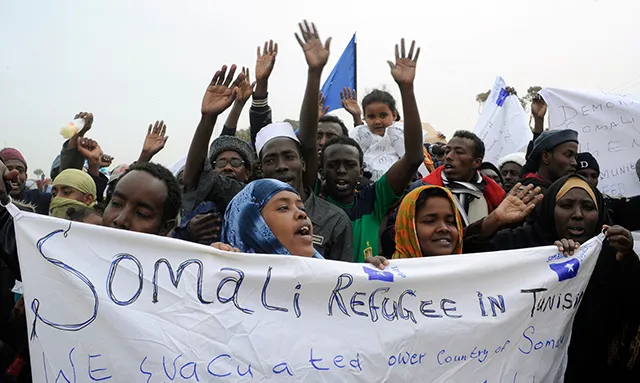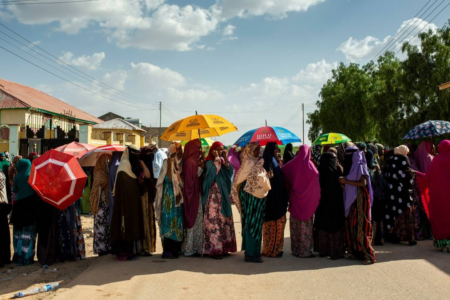The Somali diaspora is spread across the world, from the United States and Canada to Europe and the Middle East.
Even living abroad brings opportunities, many Somalis face fears that affect their daily lives. Understanding these concerns helps communities, policymakers, and families address them better.
4 Fears that Concern Somali Diaspora
Fear of Personal Safety
One of the biggest worries for Somalis living abroad is personal safety.
Many fear attacks, discrimination, or harassment because of their ethnicity or religion.
Islamophobia and xenophobia are common in some countries, making daily life stressful. Even simple activities like shopping, traveling, or attending community events can feel risky.
Fear of Losing Identity and Culture
Many Somalis worry about losing their culture and identity.
Living in a new country often means adapting to different languages, customs, and social norms.
Parents especially fear that their children may forget Somali traditions, language, or religion.
This can create tension within families and a sense of disconnect from their roots.
Fear of Belonging and Acceptance
The fear of not belonging is another major concern.
Many diaspora members struggle to feel accepted in their host countries.
Cultural differences, stereotypes, or lack of representation in schools and workplaces can make people feel isolated.
This fear can impact mental health, confidence, and community engagement.
Read also: Amira Anshur: A Somali Educator in Toronto Breaking Barriers in Computer Sciences
How These Fears Affect Daily Life
These fears influence many aspects of life.
Some Somalis avoid public spaces or social events, while others hesitate to speak about their background.
Financial decisions, education, and career choices can also be affected.
For example, some may send remittances home cautiously, worried about economic stability, while balancing uncertainty abroad.
Moving Forward: Support and Awareness
Addressing the fears of the Somalis abroad requires community support, education, and policy action. Cultural centers, mentorship programs, and mental health resources can help.
Promoting awareness about diversity, inclusion, and the unique challenges of the Somali diaspora can make communities safer and more welcoming.
By understanding these fears, the Somali diaspora can feel empowered to thrive abroad while preserving their identity and contributing positively to both their host countries and Somalia.








